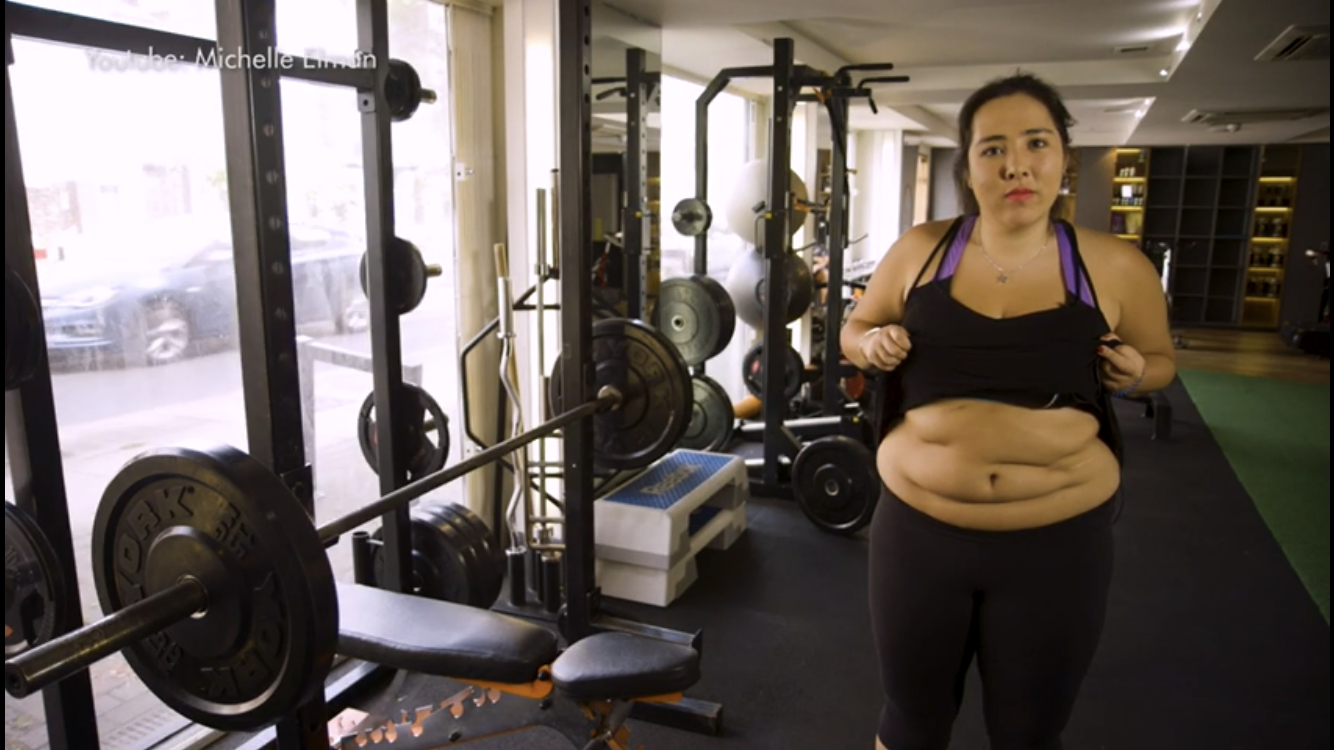Monday Hustle: Let Your Softness Be Your Strength
When applying for a new job, you are inundated with the same words and phrases being repeated in every job description. They want you to have 6,000 qualifications, a tonne of work experience and a sacrifice to the time gods, because your work-life balance is down the drain. This is enough to bring any job seeker out in sweats, let alone someone who is thinking about a career change.
When I say career change, it doesn’t necessarily have to mean starting from scratch. It can mean using your skill in a different way, or applying the same skills but in a different industry. It could even mean re-prioritising what is important to you and looking for a job based on those qualities that it can offer you. But some job descriptions make it seem impossible to be able to shine your way through the possible thousands of other applicants, who may already be experts in the field or job you're applying for. Or sometimes, the thought alone of recruiters sitting and laughing at your CV sends you to the nearest bar to drink endless cocktails and decide that you could live off the earth with your own allotment.
But wait drunk horticulturalist, you're forgetting that you probably have many hidden treasures that many want: your soft skills. This has nothing to do with pillows unfortunately. Your soft skills are your ‘personal attributes that enable someone to interact effectively and harmoniously with other people.’ In other words, your soft skills is what makes you a fantastic employee and is why someone would want to hire you. Of course some experience or an avid interest in the role you are applying for is key, but even with little to no experience, you can research your role (a very good soft skill) so that you are prepared for the interview, as well as being able to write a kick-arse CV about why you want the role.
I recently read an article by the World Economy Forum which was especially interesting; by 2020, many of our jobs will be replaced by artificial intelligence and autonomy, and it is these ‘softer skills’ that make humans perfect for the jobs that robots won’t be able to do when the Fourth Industrial Revolution hits us. These are skills such as creativity, ranking number 3, along with negotiation, service orientation and cognitive flexibility to name a few.
These skills are already being looked at by the companies and businesses searching for new employees. Employers nowadays don’t really look into your qualifications. Yes, qualifications are important to build up your knowledge and to develop your self-awareness and way of learning, but that is the bit where employers’ eyes light up. It’s your ability to learn and adapt, to soak up knowledge and have a keenness to explore as a professional and as a person. Your school qualifications, vocational diplomas or certificates are your merit that you have a willingness for them to train you and develop you, as long as you are willing to put in the effort and give them your soft skills in return. Therefore, regardless of what you studied, regardless of level, that's not all that matters.
I know this because I achieved this. When I left my old job, I had no idea where I was going to work. I knew that I wanted to work in the public sector, but realised that actually, I could use my skills in a different way. By chance a friend sent me a link to a vacancy at her workplace. I broke out in sweats reading the vacancy, never believing that I would even get close to an interview. But I tried anyway. I spent the next four nights straight reworking my CV and collating pieces of work which I could send them, working til gone midnight each day. Once I was happy with my submission, I sent in my application, and waited. Even if I never heard a reply, I was proud of the work I had put into it. I was even prouder when I actually got an interview. And you know what got me through my interview? My soft skills. They obviously questioned why the career change and the different use of skills, but they saw it as an advantage to have such fresh eyes on the team. Many of the questions were less about my qualifications and experience and more about case scenarios and how I would use my soft skills to tackle everyday situations.
So please, go for that job that you don’t think you are qualified enough to do, because you may be way more capable than you think. Let your ‘softness’ be your strength.








